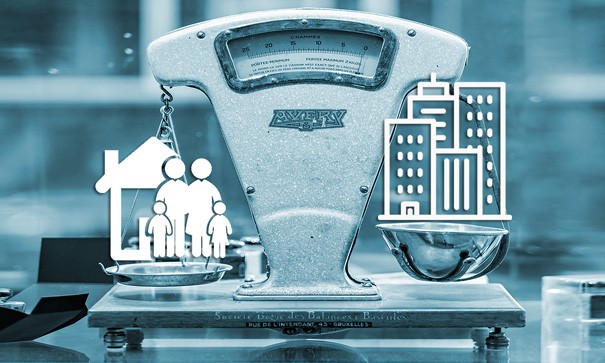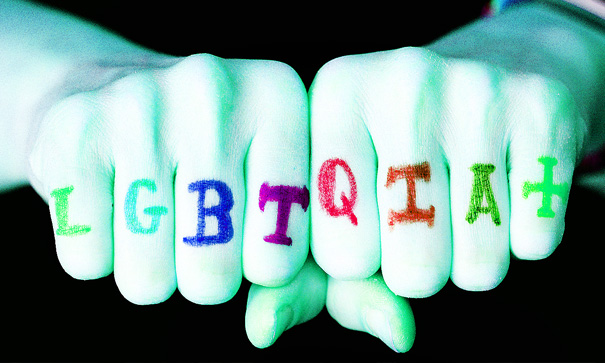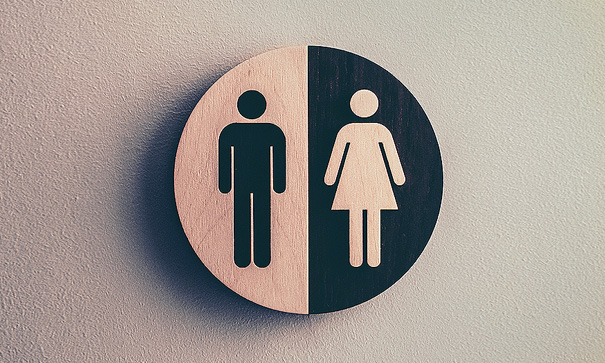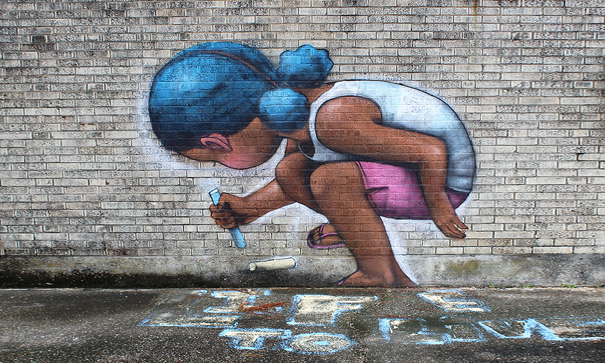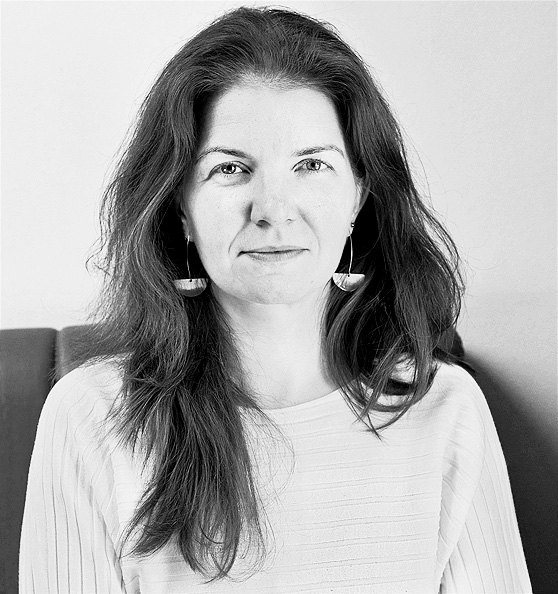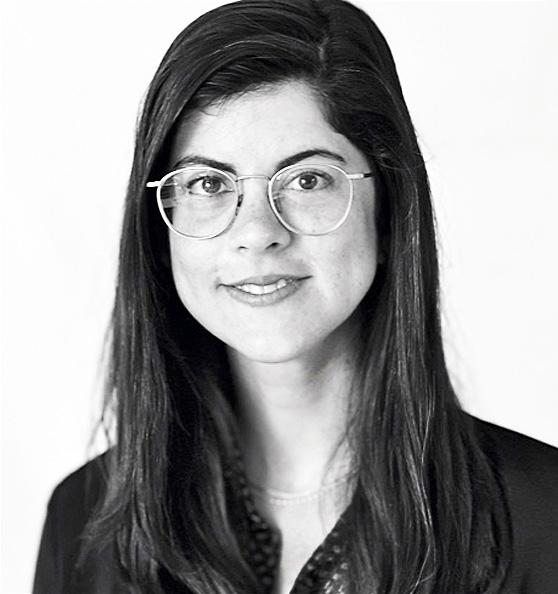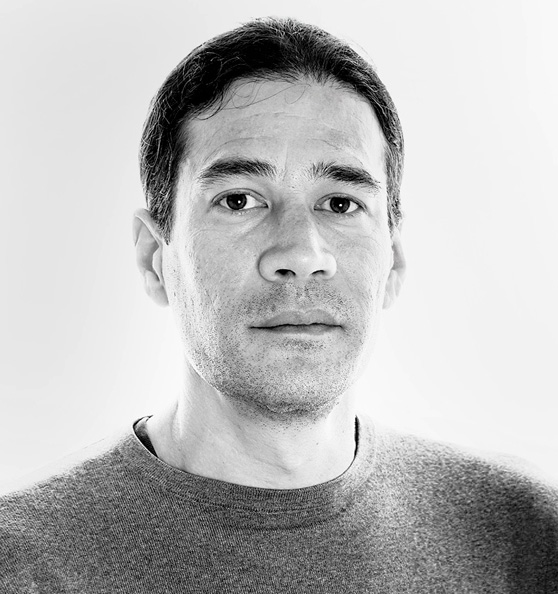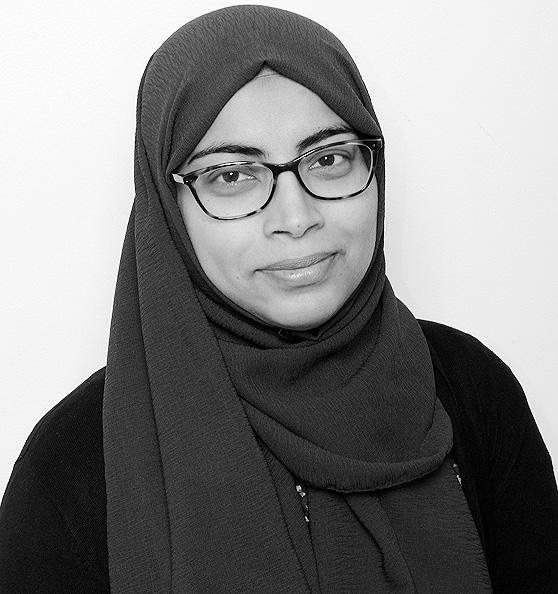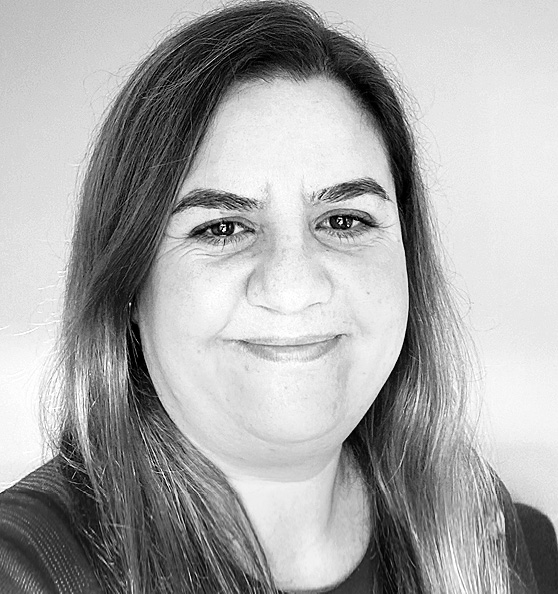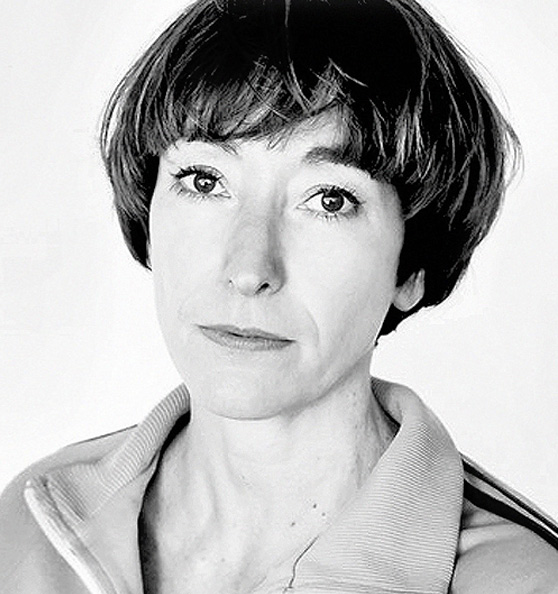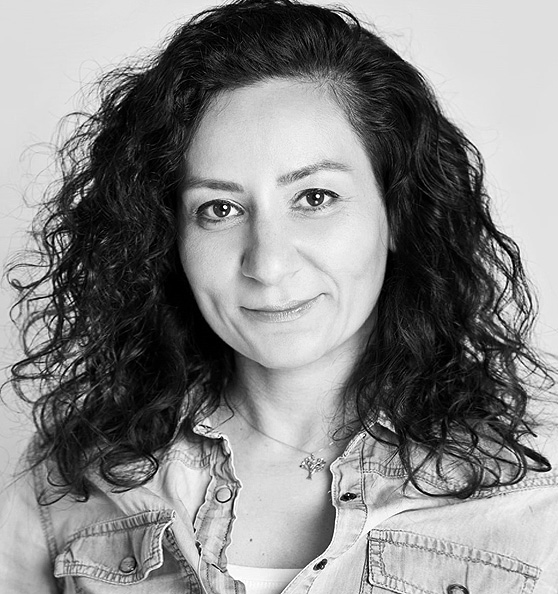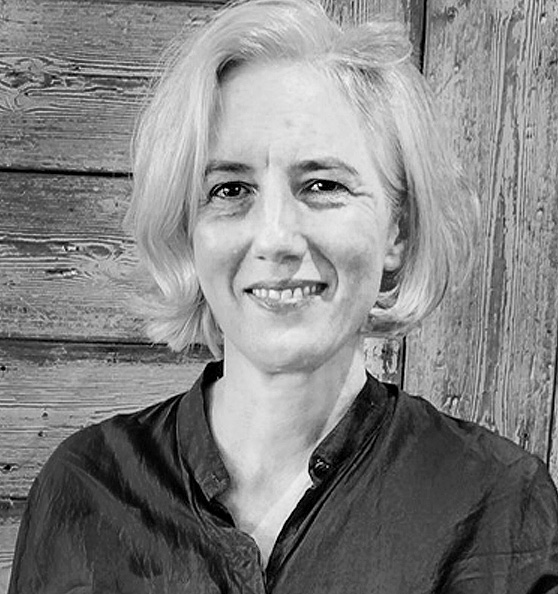Multicultural therapy and counselling is designed to support those who are in a minority due to their ethnicity, immigration status, cultural background, religion, socioeconomic background, disability, or other social factors. Multicultural therapy recognises that structural inequality plays a part in mental health and psychological wellbeing, and that many psychological issues can be caused or exacerbated by systemic marginalisation.
Bilingual therapy might be suitable for you if you have a choice in which language you want to use in therapy. The language you use is bound up with your emotional experiences and memories; for example, if you grew up speaking Greek and now mainly speak English, speaking Greek in therapy might give you access to a different range of emotions and experiences than if you used English.
A therapist who shares more than one of your languages will also share the experience of living in multiple tongues and will be able to take that into account while working with you on whatever has brought you to therapy.
Any therapy type or modality can be bilingual, and multicultural awareness can be a part of any therapy. Counselling and multicultural family therapy could be multicultural or bilingual or both; therapists in this field understand the unique challenges of living across or between cultures.
These modalities include cognitive behavioral therapy (CBT), couples counseling, wellbeing therapy and psychoanalytic therapy, to name just some of the therapy types available. The important difference to note is that your therapist will adopt an approach that is sensitive to your cultural diversity.



